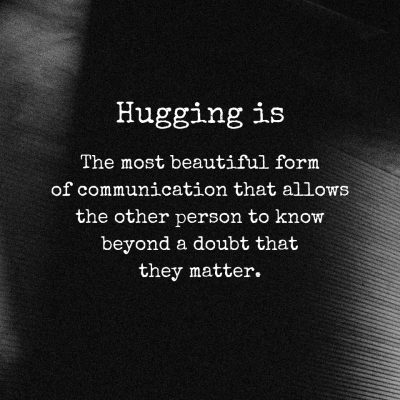Those suffering from anxiety or depression know how debilitating these conditions may be. They can take us to the darkest holes and through the darkest tunnels. What we most associate with mental illness in general is the activity of rumination.

MORE: 6 Signs Your Stress Is Actually Hidden Anxiety
Ruminating is about going back over and over again to a negative thought you have (about the past or future). It can prevent you from sleeping or even from your everyday activities. Ruminating and worrying are sure to send us in a spiral towards madness. But there’s a light at the end of this gloomy tunnel.
Science now confirms that anxiety is actually linked to a higher IQ.
MORE: 3 Ways Worrying Is Surprisingly Good For You
So if you’ve been worrying a lot lately, at least there’s an upside: you are more intelligent than most people. Although we all experience some level of anxiety, these people tend to worry more than the average person. And it looks like the more concerned we are on a regular basis, the higher our IQs.

MORE: 5 Sure Ways You Can Get Rid Of Overthinking
Overthinking has a really bad rep; nobody wants an overthinking partner who will dissect every little thing in a relationship. But it’s time we change that view. Although it’s not exactly healthy for us to develop the habit of overthinking everything, most of us who do simply can’t help it. Sometimes overthinking means you are more in touch with past events from your life but also more focused on the future.
The study also found that people who worry more have higher levels of verbal intelligence. How so? Well, these individuals tend to think a lot about their past, even ruminating on it. And apparently, you can remember exact words and phrases from past conversations, but not feelings. And this worries you.
 Human beings actually developed anxiety and worry as a result of evolution. We would literally not be here today if someone at some point had not worried about their life, or felt anxious at every step about constant threats. So worrying has tremendously helped with our survival.
Human beings actually developed anxiety and worry as a result of evolution. We would literally not be here today if someone at some point had not worried about their life, or felt anxious at every step about constant threats. So worrying has tremendously helped with our survival.
MORE: Why You Need Emotional Intelligence In Your Everyday Life, According To Psychologists
It’s an adaptive trait and we should accept it more. Not worrying enough in our everyday life could lead to bad consequences. For example, not worrying about turning the oven off when you left home or even climate change could have devastating effects.
So worry not because you were on to something! Please share this!










